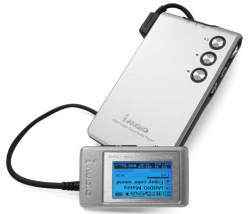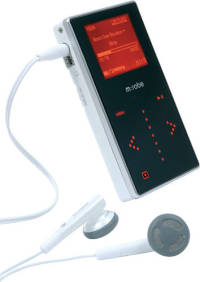SRF (synskadades riksförbund – the Swedish Association of the Visually Impaired) is a Swedish organization that recently expressed concerns about open source (in Swedish), since as they say “open source in itself is no guarantee for accessibility to disabled persons” (my translation).
The argument came up because Mats Odell, a minister in the Swedish government, expressed a positive attitude towards open source within governments (link in Swedish).
I find it disturbing that these visually impaired guys immediately bounce back and seem to imply and think that open source automatically somehow is less useful, less quality, less fitting or less accessible. But sure, open source is not a guarantee for better accessibility, but then nobody claimed it either and I don’t see how any software can be guaranteed to be better. A very weird statement it was I must say.
One perfect example showing how open source adds accessibility is how Rockbox works. By providing innovative functionality, it makes devices suddenly a whole lot more usable to blind or visually impaired persons. There’s simply no commercial alternatives coming close.
Other fine example on how open source makes software more accessible than any closed-source competitor, is in how translations can be done even to very small languages spoken by economically not so wealthy population groups. Like how closed-source programs fail to deliver software translated to the 11 official languages of South Africa and a lot of other ones.
To round off, the orca project makes openoffice, Firefox, gnome apps and Java-based apps accessible. I’m not saying I know all about being visually impaired and how they use open source, but I do know that open source is accessible to a far extent at some places and at others there’s room left for improvement. But open source gives everyone the ability to join in and make it happen.






 If your interest is in the
If your interest is in the  If your interest is in the
If your interest is in the 

